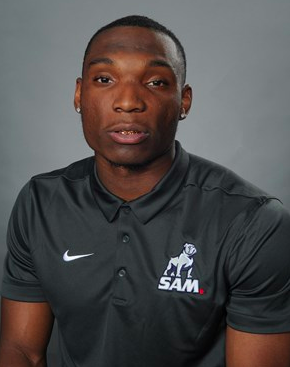Death, taxes, the Lions collapsing; some things are just inevitable. That’s what America witnessed play out Sunday night in San Francisco, as the Lions blew a 17-point lead to the 49ers to end their season. While this was one of the best seasons in the history of the franchise, and the return of offensive coordinator Ben Johnson in 2024 makes the Lions contenders for the Super Bowl, Motor City residents were once again left with a bad taste in their mouths after another end-of-season heartbreak.
Much of the blame falls on Dan Campbell, who, to his credit, is currently one of the best head coaches in the NFL. He’s described as a players’ coach and locker room legend known for “biting kneecaps” and aggressive play calling. Part of his coaching style is frequently going for it on fourth down, even when it’s risky. While this strategy has worked in kind for the Lions, it occasionally backfires. In the NFC Championship against San Francisco, the Lions failed to convert on the fourth down twice, including in the fourth quarter, where Detroit could tie the game on a field goal. Campbell took full responsibility for his play calling and decision-making during the game, vowing to return stronger next season. The problem with coaches like Campbell, just as with coaches across all sports, is the failure to adapt.
The greatest coaches in sports, like John Wooden, Phil Jackson and Nick Saban, were able, in their prime, to evolve from season to season to ensure the success of their teams. There is always a lack of satisfaction with the great coaches. So, what, you’ve won a Super Bowl? Win five more, and then we’ll talk. Campbell is a coach who is always hungry; I think he will be a Hall of Famer when all is said and done. However, his failure in the NFC Championship to shift from aggressiveness to conservative play when it was necessary resulted in the Lions’ downfall.
In Nick Saban’s tenure at Alabama, he produced a winner each year regardless of the situation. Alabama is always in the conversation come December for the national title, whether it is from having a stellar offense but a lackluster defense, vice versa, or having stellar play on both sides of the ball.
Duke’s legendary former head coach, Mike Krzyzewski, began his career at a program with some pedigree but was not a national power. Krzyzewski, also known as Coach K, started slow, recruiting players like Mark Alarie, Johnny Dawkins, and Jay Bilas, players who would stay for four years and help build Duke up to legendary status. As the times shifted, the one-and-done became the new normal. Instead of players like Laettner, Hill and Hurley, it was Kyrie, Zion and Jayson. Yet, Coach K remained Coach K and constantly kept Duke in the hunt for a title.
Bucky McMillan and Chris Hatcher are two coaches with unique coaching styles. “Bucky Ball” is known for an uptempo, aggressive playstyle dictated by a deep bench and constant pressing. The “Hatch Attack” is also known for aggressiveness, with a high-powered offense that is consistently one of the best in the country. However, McMillan’s program has yet to break through and make March Madness, while Hatcher’s football team has consistently hovered around .500, with breakthrough seasons few and far between.
So, in short, what makes a great head coach is one who changes their tactics with the times and seasons. If a coach fails to adapt and change year-to-year to improve, that very title they possess will be gone.

Sports Editor






